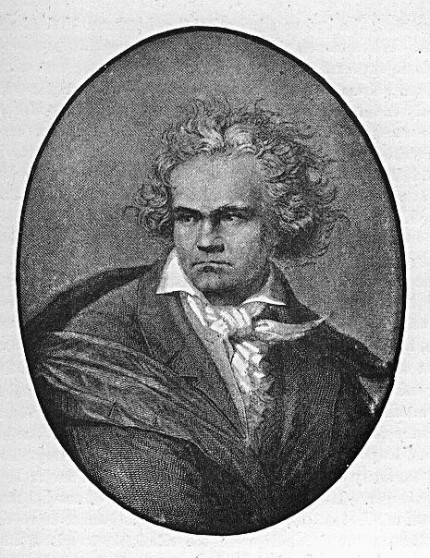Carlos Kalmar delivers stunning Haydn and finds majesty in Beethoven at Grant Park
Violent, destructive thunderstorms harassed much of Chicago late Friday afternoon, making most of Millennium Park’s early evening concert look like a ghost town.
At start time, only a handful of determined souls had dotted the Great Lawn, a stark contrast to an opening night of 15,000 that festively ushered in this 76th Grant Park Music Festival season on Wednesday.
As the sun eventually appeared and more people spilled in, it was easy to forget that an alluring program might also have had something to do with it; in this case, a mostly choral program of connected and lesser heard works –Beethoven’s Mass in C, Hindemith’s Nobilissima Visione and Haydn’s Te Deum – to be delivered by Christopher Bell’s exceptional chorus.
For those who may have felt that Bernard Haitink’s farewell Ninth with the CSO was the place to be for a Beethoven fix, this Mass in C major was a highly compelling alternative. Commissioned by Prince Nicholaus Esterhazy and completed in 1807, the music was received poorly in its time, provoking its commissioner to call it “ridiculous and detestable”.
But Carlos Kalmar’s conducting did not reveal a mediocre work, and the muscular ‘Gloria’, in particular, was as sweepingly evocative in parts as the later and more revered Missa Solemnis. All solo vocalists – mezzo-soprano Kathryn Leemhuis, tenor Bryan Griffin and bass Paul Whelan – were strong, with soprano Amber Wagner superb. The mighty Grant Park chorus sounded like a world beater.
Opening Friday night’s concert was a gorgeous account of Haydn’s Te Deum, another work intermingled with the Esterhazy estate, but this time written for the empress Marie Therese. (Esterhazy wasn’t pleased that Haydn hadn’t written it for him, but he was appeased when it was eventually premiered at his home.) This brief, 10-minute masterwork brims with a jubilant intensity with several choice passages darkly etched. This is Haydn at his most in-your-face, and Kalmar delivered as stunning a choral performance at the Pritzker Pavilion as I’ve heard.
Prior to intermission, the orchestra produced its first ever performance of Hindemith’s three-part Nobilissima Visione (1937), an inoffensive ballet score drawn from Giotto’s 14th-century frescoes. Something of a technical challenge, brass was less than primo and the second movement strings became muddled and diffident. Still, this quasi-English, undulating music that eventually lurches to a killer march kept the audience guessing and absorbed. Flutist Mary Stolper, who introduced the orchestra beforehand, provided several memorable solos.
The program repeats tonight at 7:30pm.
See http://grantparkmusicfestival.com/
Posted in Uncategorized



